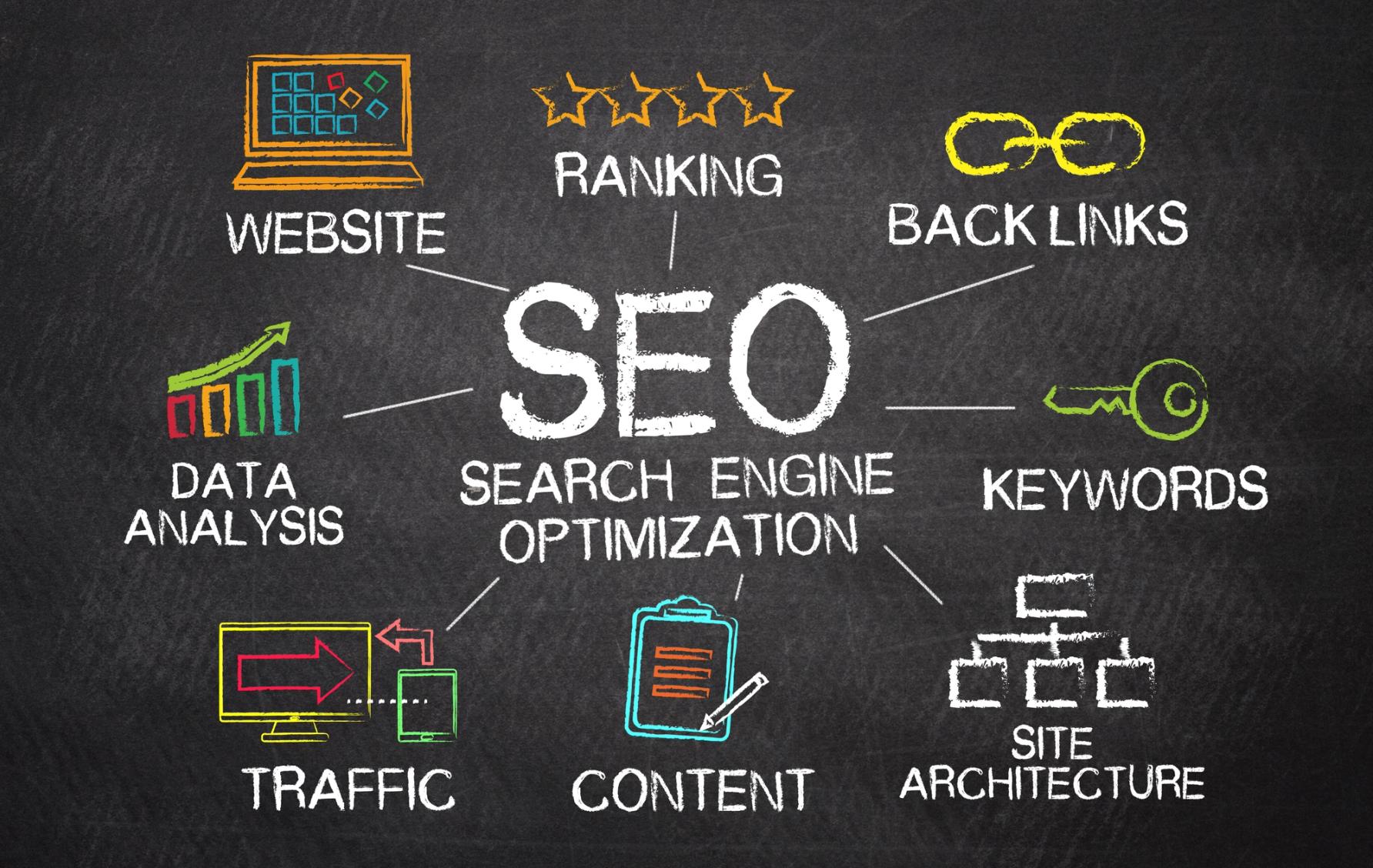
Search engine optimization (SEO) is crucial for website visibility and organic traffic. In this article, we'll explore the fundamentals of SEO and provide practical tips on optimizing your web pages to rank higher in search engine results pages (SERPs). By implementing effective SEO strategies, you can enhance your website's visibility, attract more qualified visitors, and drive sustainable growth.
What is Search Engine Optimization (SEO)?
Search engine optimization is the process of improving a website's visibility and rankings in search engine results. By optimizing various aspects of your website, such as content, meta tags, URL structure, and backlinks, you can increase your chances of appearing prominently in search engine results for relevant keywords. SEO involves both on-page and off-page optimization techniques, aimed at improving your website's relevance, authority, and user experience.
The Importance of Keyword Research
Keyword research is a critical first step in SEO. By identifying the keywords and phrases your target audience uses to search for relevant information, products, or services, you can optimize your web pages to align with their search intent. Explore keyword research tools and techniques to uncover high-traffic, low-competition keywords that are relevant to your website. Incorporate these keywords strategically throughout your content, headings, and meta tags to improve your visibility in search results.
Optimizing Your Web Pages for SEO
On-page optimization refers to the techniques used to optimize individual web pages for better search engine rankings. This includes optimizing meta tags (title tags, meta descriptions), creating compelling and keyword-rich content, using proper heading tags, optimizing URL structures, adding alt text to images, and improving internal linking. Learn how to implement these on-page SEO techniques effectively to make your web pages more discoverable and relevant to search engines and users.
The Importance of Technical SEO
Technical SEO focuses on optimizing the technical aspects of your website to improve its crawling, indexing, and overall performance. This includes ensuring proper website structure, optimizing page load speed, implementing schema markup, creating an XML sitemap, optimizing for mobile-friendliness, and addressing duplicate content issues. Discover the technical SEO best practices and tools that can help search engines effectively crawl and understand your website.
Building Authority with Off-Page SEO
Off-page optimization involves activities outside your website that can influence its visibility and authority. This includes building high-quality backlinks from reputable websites, leveraging social media for brand exposure, participating in online communities, and engaging in influencer marketing. Explore off-page SEO techniques to establish your website as an authoritative and trustworthy source within your industry.
The Continuous Cycle of SEO
SEO is an ongoing process that requires monitoring, analysis, and iteration. Utilize web analytics tools to track your website's performance, monitor keyword rankings, and identify areas for improvement. Regularly analyze your SEO efforts, make data-driven decisions, and iterate on your strategies to stay ahead of the competition and adapt to evolving search engine algorithms.
Search engine optimization is a powerful tool for driving sustainable growth and attracting organic traffic to your website. By understanding the fundamentals of SEO, conducting thorough keyword research, implementing effective on-page and off-page optimization techniques, and continuously monitoring and iterating on your strategies, you can improve your website's visibility, increase organic traffic, and achieve long-term success in the digital landscape.